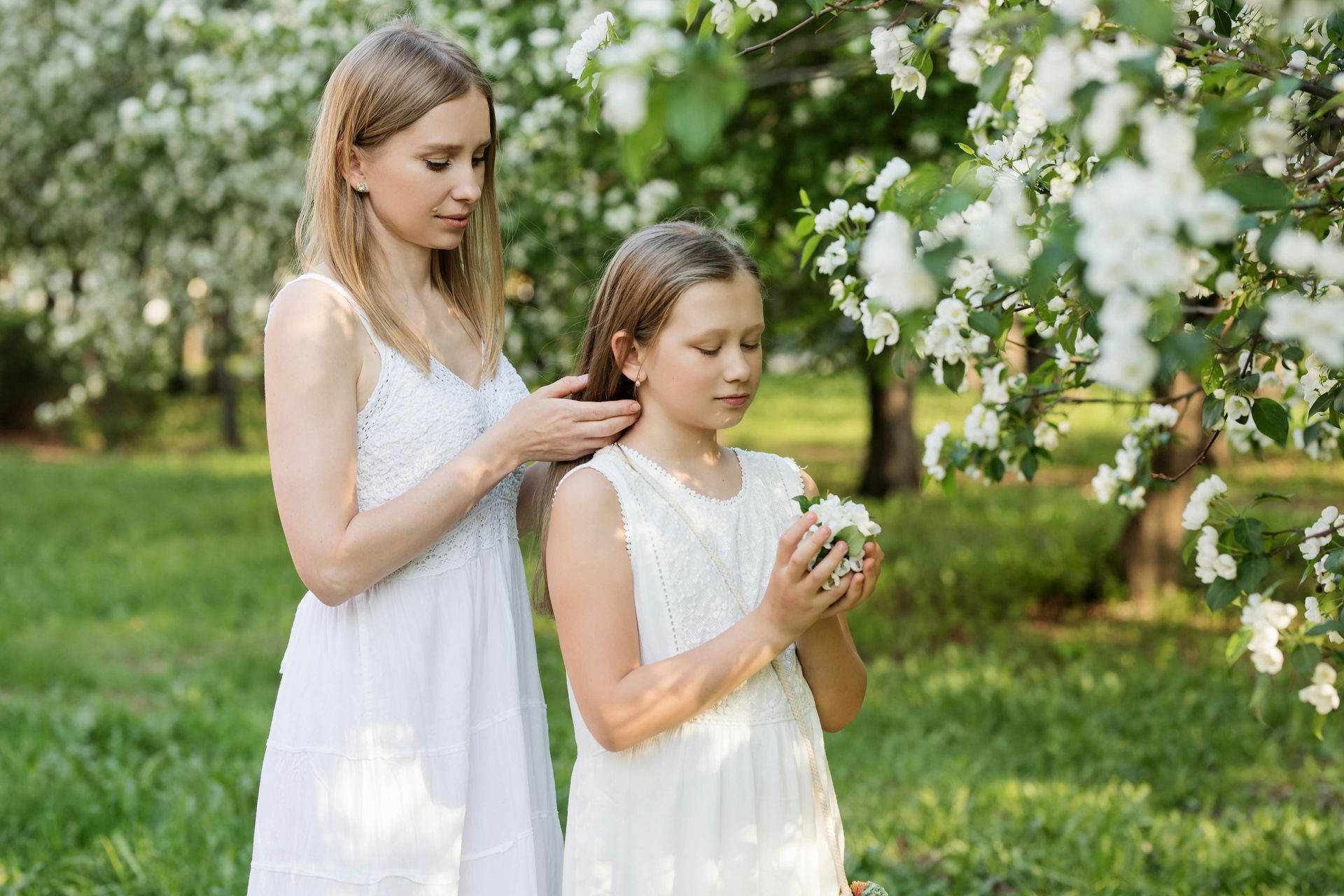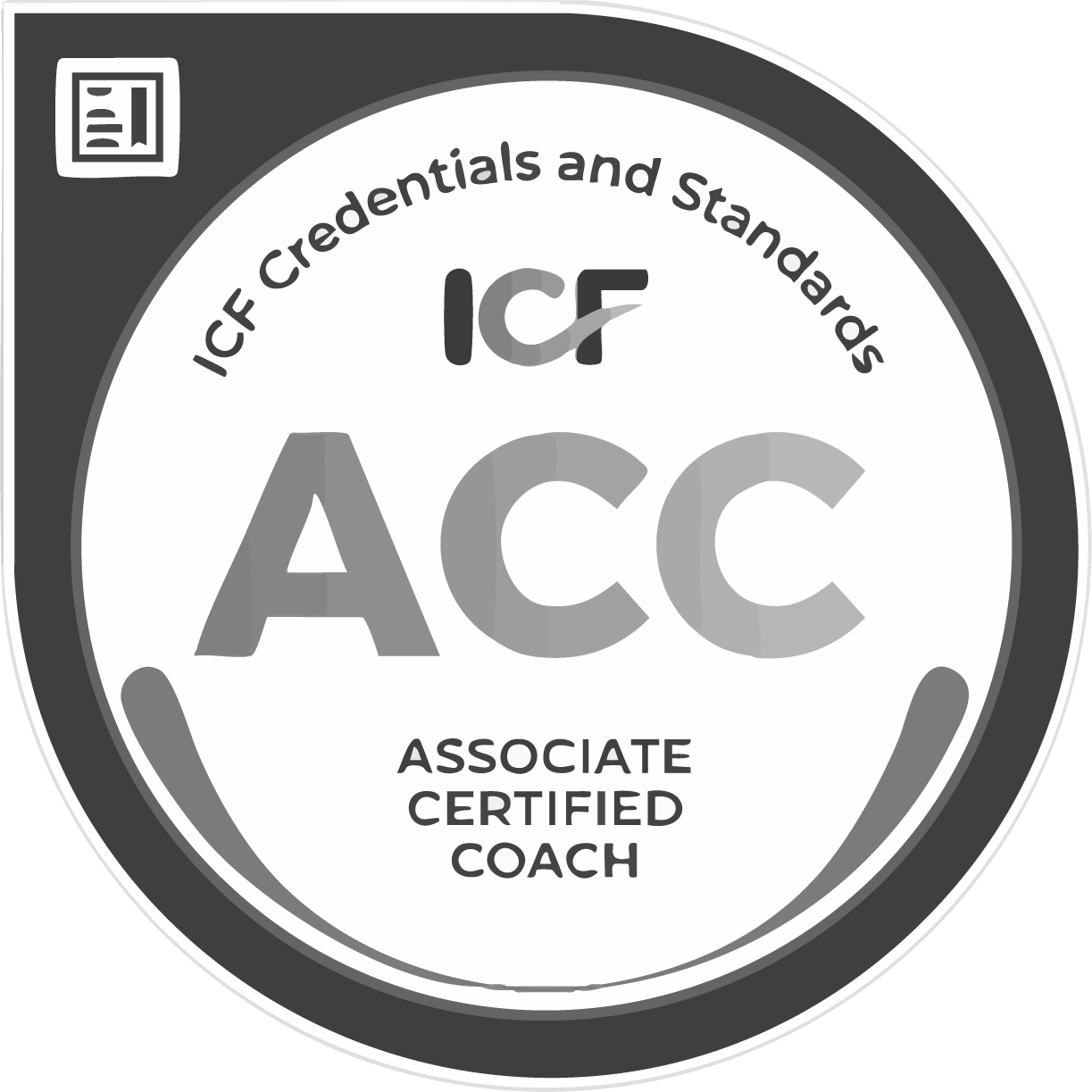Blog

May 6, 2025
To my reader: Kind friend, I’m so grateful that you’re here. What you’re about to read is a farewell letter to my little studio apartment. I wrote it for no one in particular, and yet a force within me demanded it be written. I guess so I never forget. 4 Years, 2 Months, 8 Days; that’s how long I was a tenant at Scott St. At time of writing, I’m 34 years old and I’ve called no fewer than 12 streets home. I’ve lived on Milan Road, Whittier Avenue, Mayberry Avenue, Durant Avenue, Piedmont Avenue, Parker Street, Calle Jose Ignacio Gorriti, Park Avenue, Briar Place, Oakdale Avenue, Octavia Street, and Scott Street. I’ve had to pack boxes and say goodbye to each one, but Scott Street hits differently. Frankly, I feel a little crazy because I can’t stop crying. It’s…an apartment. And yet, I’m grieving the loss of this inanimate box like it’s a friend, a dog, a damn near family member. The truth is this: I love this little apartment like I love my childhood blankie, “Kiki.” Like Kiki, Scott Street was the one thing I could count on to soothe me in distress. Walking in the doors of Scott Street was like holding Kiki in between my two front fingers with my thumb in my mouth; something to hold, something to hold me—something my parents frantically shoved at me to prevent the budding breakdown from devolving into total tantrum. Kiki is no more. She unraveled over time until no threads were left. Soon Scott Street will be no more either. I’ve packed, taped, and labeled all its contents and they’re ready to leave. I never got to say goodbye to Kiki, she just kind of faded into nothingness from my various hiding places. But even to this day I still feel her presence. Kiki’s like a phantom limb between my fingers that I rub when I get stressed or sad. I think I’ll feel a similar urge for Scott Street when times get tough. It feels right to say goodbye to Scott Street—to let it know what it meant to me, to honor what a sacred place it came to be. And so to Scott Street, I offer you this farewell letter in memoriam of our love story. May you serve once more as the vessel to my healing. May writing it be therapeutic to me; may reading it be a comfort to those in similar painful predicaments. May I never forget you like I never forgot Kiki—for you too, have been a great true love of mine. “Acceptance is a small, quiet room.” - Cheryl Strayed, tiny beautiful things. Dear Scott Street, The first thing I hung up when I moved in was a tiny ceramic tile that bore the quote, “Live Life As If Everything Is Rigged In Your Favor.” -RUMI How incredibly arrogant. And yet—I so desperately needed it to be true. You were small, simple, and dated, which gave you your humble and unassuming charm. Your low ceilings made of cheap porous tiles created a cave-like hole feeling, which would have been otherwise unbearable, except for the windowed french doors that opened into a small brick courtyard. Simple, peaceful, warm, and all mine; this is where I would do the work. And so, here I came to dwell with you. I came to you confidently, burying my insecurities under the assurance of impermanence–this would surely be temporary. Confident that a six month separation from my husband was the right thing to do, I was equally doubtful of my ability to make such a big decision—to stay or go. I was reeling in grief and shame at the status of my life, an impending failed marriage after only two years. Being an introvert, I would scurry in and out of the side door like a frightened mouse, desperate not to have any extended interactions with my new neighbors, fearful that I might have to explain what I was doing living here with you...at 30. Alone. In a 500-square-foot-studio-garden-apartment. This was not the stuff of Instagram and Pinterest. Scott Street, I was ashamed to be here with you; you welcomed me anyway. You were easy, somewhat affordable, and most importantly, month to month. We were meant to be short-term, you and me, a stop-gap arrangement for the marital timeout I was on. Somewhere in my head I naively believed that I would be ready to go back home at the end of the trial separation, but somewhere deeper in my gut, I knew I never was. This…frightened the shit out of me. It shattered every vision I had of my life—a narrative that went something like this: You study hard to get “good grades” to get into a “good” college to get a “good” job, and within a reasonable timeframe (which is before you’re 30 by the way) find a “good” partner with similar pedigree that you can get married, buy a house, and start a family with. The End. But was it The End I was after? I was on pace for high marks in every category. But as the plan progressed, a voice inside was nagging me, “something is not right here.” And so, moving in was easy, but deciding what to do next, paralyzing. The idea that this picture perfect plan was coming to fruition but wasn’t “good enough” made me feel very…selfish. Selfish for wanting more and selfish for potentially hurting my best friend who didn’t deserve it. The agony of indecision rolled in like a heavy fog. I could not see with any clarity and I did not want the burden of making this enormous life decision. Going back to my husband would be safe, known, secure and certainly, a perfectly lovely life. Not going back, meant risking every dream of the happy family I had. At 30, it felt really late to be starting over—specifically with regards to the oh-so-real biological clock that is our reproductive system. Was leaving this relationship—not because I wasn’t happy—but because I wondered if I could be happier, actually worth it? An impossible question to answer. Even as I pose it now in writing, it knocks the wind out of me with the audacity it takes to ask it. Are you kidding me? Who did I think I was? I even consulted Hollywood Psychic, Lisa Greenfield, for a virtual palm reading, desperate for some kind of validation that I was doing the right thing. I asked her, “I’m thinking of leaving my husband, am I doing the right thing?” My hands told her that I was a rare breed of “Visionary Explorers,” like Christopher Columbus. Lisa advised that while everyone may be sailing known courses, I would need to be brave in exploring uncharted waters, “trust the Universe is going to conspire with you to help make this move as smooth as possible,” she said. She also told me to take time to strengthen my intuition, “Visionary Explorers need to hone their vision after all, because you are such a uniquely small group. Brave… not selfish.” Brave, not Selfish huh? That worked for me. But take time to ‘hone my intuition’? I was dubious. I didn’t want to take time, and I didn’t want to rely on airy swirls of intuition. Obviously there was a right and a wrong answer and I wanted someone to tell me what it was. Scott Street, how silly was I? Be honest. Okay I’ll say it, I had a fucking lot to learn. And so learn I did! Scott Street School of ‘How to Do Love and Life’ commenced and I brought in the heavy weights. I took crash courses with Esther Perel and John Gottman—reading, listening, and watching every piece of content I could get my hands on. I read Eli J. Finkel, Gary Chapman, and Helen Fisher. I even made freaking Pema Chrodren a tenured faculty member pasting helpful quotes around your walls. I took long soulful trips with Cheryl Strayed. I paid for therapy I couldn’t afford—but knew I couldn't afford not to—and quietly attended Break Up and Divorce Support Groups. You were there for it all, Scott Street, my very own Room of Requirement. But all the reading and journaling and reframing and talk therapy could not resolve the one thing that needed resolving—to stay or to go? I didn’t want to get divorced and I didn’t not want to. My husband was one of fairytale lore, his warmth, love, and generosity had earned him adoring titles from friends and family of “Sweet Angel “and “Wonder Boyfriend.” He left me sweet notes, snuck into my apartment to clean it before I got home from vacation, and always got up from what he was doing to greet me with a hug and kiss when I came home. We were best friends, we had a beautiful wedding, an adorable puppy, and deep dish pizza and beer every Sunday while we watched sports. He loved me so and truly only wanted to see me happy. Fuck. The answer was there, it was always there. I just didn’t want to deal with it. I didn’t want to spend the nights on the floor crying so violently that I felt my head would crack from the pressure of the pain trying to get out. The land of indecision provided the safety of not going there, to that place of debilitating sadness and pain. The Land of Indecision said, I might stay with my husband and I might not, and as long as I don’t have to choose, I don’t have to say goodbye to my husband and I don’t have to let go of the possibility of another life. In letting go of my husband, I’d have to say goodbye to all the good that still lived there, to the life we were going to build. But when the truth revealed itself to me—the truth that I no longer wanted to be in this marriage—the land of indecision was no longer safe, it was purgatory. I needed to get out. But how could I get there —freedom and the seductive possibilities of a new life—without going there—pain and suffering? I couldn’t. And that’s the thing, you can’t get around it, you have to go through it. The ‘It’ is the loss. The ‘It’ is the grief. And ‘It’ is no party. It’s fucking painful work. I don’t entirely remember when I read it—sometime in that first year I think, but when I did, I underlined this line from Strayed’s Dear Sugars Column, Write Like A Motherfucker, “Do you know what that is, sweet pea? To be humble? The word comes from the Latin words humilis and humus. To be down low. To be of the earth. To be on the ground.” I don’t think I made the connection then, but I’m making it now—because that’s exactly where I had to go, to Apt. “L” for Lower, the “Garden Unit,” on.the.ground. Rumi was not wrong, the universe was always conspiring in my favor, she knew I needed you. She knew I needed a big helping of humility. So on your ground I wrote and read and cried and was remade. Do you even recognize me? No one knows better than you how much letting go of my husband hurt. No one paid as unwavering witness to my suffering as you did. I will never forget that. Packing it all up to leave you today Scott Street, brings me back there, to the most painful season of my life. Melodramatic? I don’t think so. There’s a sneaky devil in divorce. Because even though it’s ubiquitous—and statistically probable (50% of marriages end in divorce)—this reality that it’s “so common” undermines how deeply personal and alienating it is for the people going through it. My therapists’ Breakup and Divorce Support Group’s one liner reads: “Ending Your Marriage or Relationship Is One of the Most Difficult and Confusing Life Transitions You’ll Ever Experience.” Uh yeah, you can say that again. I remember sitting there with my therapist with tear streaked cheeks asking, “When am I going to feel better?” It felt like I was never going to get there. Grieving constantly, questioning everything. You held me in all my forms, Scott Street. And we did get there. We wrestled with unanswerable questions about futures we could not predict. It was messy; and it got worse before it got better. And you know what, I wouldn’t have wanted to do it with anyone but you. Today my life looks very different from what my younger self had drafted in plans, and in a lot of ways, it’s a much harder life really. But something about it works for me, even when it doesn’t. Logic has no place here—that’s what honing my intuition taught me. There is no right or wrong decision, only choices you make—and decide to live with. So here we are, sitting together one final time, just you and me, cross legged on your newly vacant floors, tears streaming down my face. I plant both of my palms on your ground, where you grounded me, and I say out loud, Thank you. You were wonderful. Thank you. You have been here for me, unconditionally. Thank you. You have held me through the most painful season of my life. Thank you. You paid witness to my grief, my fear, my healing, my transformation. Thank you for being the small, quiet room. You were perfect, Sam

May 6, 2025
MY BIG SISTER ADVICE FOR YOUNG PROFESSIONALS. I’m the eldest of three daughters and I adhere to the archetype: responsible, rule following, tidy, and ambitious. A natural leader born out of the burden of necessity: you must go first at everything—and the inherent responsibility to relay the learnings: here’s what’s coming, kiddo. A real trailblazer. Other eldest siblings will understand me when I say: when you travel that terrain, you grow an air of confidence: I know best, that’s saddled by a desperation to save the heartache: listen to me. I once said to my sisters in total sincerity, “Stick with me…and you’ll be alright.” But with it, I’d thrown a wink and a handgun gesture with the tilt of my head and a horsebit click out the corner of my mouth. Naturally, they crumbled into hysterics mocking me for my arrogance wrapped in nerd. I replied unfazed, “And when have I steered you wrong?” Since I’ve always been a few paces ahead—or 11 years in the case of the youngest—I’ve had the benefit of experience to be able to coach them through some of the nuanced ways of the working world, ultimately giving them a leg up here and there. Like helping one of my sisters leverage an email from a former happy client to clinch a job offer at a new firm before she’d even interviewed for it. Or helping my other sister leverage multiple offers to up her starting salary by 10% and add a bridge toll reimbursement to make up the difference (she wanted 15%); it was her first job out of college. But how do you know how to do that stuff? It’s really only learned through experience. It’s a way of being in the world, an awareness of how to see and connect and create opportunities. AND IT’S NOT WHAT SCHOOL PREPARES YOU FOR. YOU WANT TO HAVE A THRIVING, SUCCESSFUL CAREER? THIS IS MY BIG SIS ADVICE FOR YOU: What you’ve learned in school is not what you will need to excel at work. School is structured and predictable: semesters and syllabuses, homework and tests. You are told step, by step, what to do, and if you follow those steps, you can be reasonably, reliably, “successful.” Remarkably, it requires very little creativity or thinking for yourself. Do what you’re told. Follow the Rules. Get your A. In other words, there’s a playbook. At first, your job will mirror this with “Onboarding Checklists” and monthly 30 minute “Mentor” calls or “Onboarding Buddies.” But those will be of little help to you in the long run because they’re largely unrelated to your actual every day job. And sooner than later, that checklist is going to run out and what you’ll be left with is the unstructured and unpredictable task of trying to swim towards goals in an ever-changing sea: wind, waves, and swells. So then what? I was good at following playbooks, obnoxious really: in my seat when the bell rang, class president, straight-A student. And so I was alarmed at how unprepared I was for my first job in sales. I tanked. I trembled when I dialed the phone and I secretly hoped no one would answer when I did. I sucked. And I cried. (A lot.) What I had learned in school was how to play a game by following a playbook, by knowing and responding to rules. And I tried to do the same in sales, I tried to follow the formula: make 100 calls a day, book 4 meetings a day, run 10 new demo’s a week, and on and on. But it wasn’t adding up to “success.” It’s like baking: you can follow a recipe to a T—measuring and temperature and timing—and it can still come out wrong. So what gives? You have to move beyond the technical playbook and into the realm of intuition and insight and creative response: you have to get a feel for things. To know when to float with the tide or swim sideways out of a riptide. The best way to do that? Apprentice yourself. WHAT YOU NEED TO GROW AND BECOME CONFIDENT AND SUCCESSFUL IS APPRENTICESHIP. YOU MUST MAKE A COMMITMENT TO APPRENTICE YOURSELF TO YOUR CRAFT. I will never forget closing my first sales deal. Because I didn’t close it, Dino Delic did. I owned the lead and by some miracle booked a first call with the prospect, but from there on out, it was Dino at the helm. In those days we came to the office every day and had desks with M5 phones that you could listen in on any call happening, in the office, at any time. I would listen to Dino run the discovery, the demo, the negotiation. Everything sounded so silky smooth and effortless—and not just because of his Australian accent (though I don’t think it hurt). He knew exactly how to lead the prospect, anticipate objections, and remain in creative response to whatever came next: no playbook necessary. I will also never forget, years later, closing one of my most important deals of the year: it was make or break for my number. But I didn’t close that one either, Laura Agarwal did. I sat with her in the office until nearly 11pm on the last day of the month as she called the man in procurement for the eighth time… “you know why we’re calling…” she said. You could hear the slight humor in her intonation—and not a trace of irritation by the man on the receiving end. How she could deliver such measured persistence while disarming—no, winning over—the person on the other line in what anyone else would consider… harassment? It was both fearless and brilliant. BOTH OF THESE EXPERIENCES LEFT ME WITH THE SAME IMPRESSION: ”WOW, I WANT TO BE ABLE TO DO THAT.” They also taught me that I would never learn what I needed to learn by reading books or sitting in “enablement sessions” or using “sales playbooks.” The type of skills development that I needed was what Life Coach and Lion Tracker, Boyd Varty, describes as: “a kind of transmission born of physical proximity; the teaching is not spoken but absorbed.” AND IT’S WHAT YOU NEED TOO. Find someone to apprentice yourself to. Someone that you can saddle up to and absorb everything they do. Pay attention. Watch. Listen. Imitate. Because the skills you need to hone aren’t transferable in verbal language: you have to see it—and experience it—to get a feel for it, like riding a bike, or skiing, or surfing. For me it was hearing not just what they said to prospects and customers, but how they said it. The tone, the speed, the pauses. There was a playfulness and a creativity that I could watch unfold; responding to social cues and knowing when to push the boundaries—and, how far. There’s no playbook for that. I would go on to close many deals of my own, and even a few I’m proud of. But what I care most about now is giving back those opportunities for true apprenticeship: the kind of knowledge that can only be absorbed through witness and experience. When I’ve worked with SDRs and DGRs, I try to give them total visibility. To every call, email, and problem solving, strategy session. (It’s a simple bcc, folks.) And I think they’re grateful for it. You don’t need to find the top boss, just someone a step in front of you that you can watch—really watch—and try to imitate; a big sis, if you will.

May 6, 2025
When I first came out as a “Life” Coach, I felt super cringey about it. Ha! What the heck is “Life” Coaching? My incredibly smart and successful friends and corporate peers wanted to know (aside from, how would I make money doing that?). What they meant was: “Life” Coaching, that sounds self-important and woo-woo. I admit, the title feels a little frou frou at first glance, hence my hesitation. But I’ll tell you this: there’s nothing frilly or silly about it. “Life” Coaching is a real profession that requires real skills and produces real results for real people. The problem is, there’s a lack of clear articulation about what the heck it is. Until now. I’m going to tell you exactly what “Life” Coaching is, without mentioning the phrases “Step into your power” or “Become your most authentic self.” No shade—but I’m one of those people who wants to know: like actually “What does that mean?” Give me a clinically specific definition. By the end of this post, you’ll understand: What “Life” Coaching is, How it works, and Why it’s valuable.



